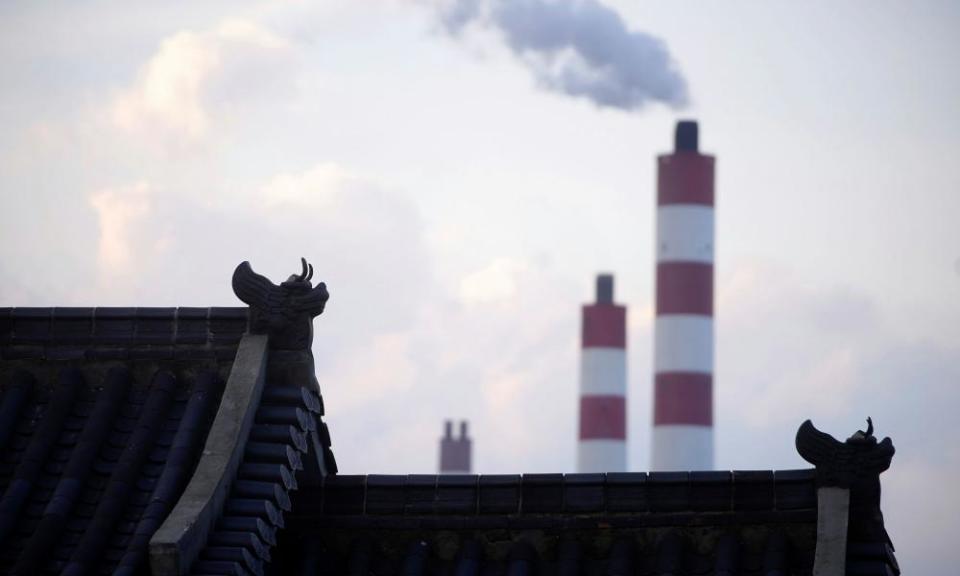China, India and Brazil must set out their plans to cut emissions

As we get closer to the beginning of Cop26, I worry that the main goal – keeping temperature rises within 1.5C above pre-industrial levels – is slipping away.
The Covid-19 pandemic offered the opportunity for a global reset. We could rebuild in a way that was green and with lower greenhouse gas emissions.
We have not seen that occur and have squandered that opportunity. Going back to the beginning of 2019, we have had two years to reflect on the reset that we needed, but countries have not done so.
We are seeing some bad signs. China looking at burning more coal because of high energy prices is terrible.
China and many countries talk about historic responsibility for emissions. Developed countries, such as the US, the UK and other European countries, were burning fossil fuels at high levels for a long time, so most of the carbon that was in the atmosphere in 1992, when the UN framework convention on climate change was signed, came from them.
But today China produces about a quarter of global emissions, so it has a historic responsibility.
The interests of small developing countries and large developing countries are very different: development versus existence. For the larger developing economies, development is more important than the climate. But for us this is about survival. At 1.5C, it will be difficult but we can adapt. Above 1.5C, we cannot and the impacts will be terrible.
Our emissions are very small in global terms. Even if all of we small countries went to zero emissions immediately, that would not have any impact on 1.5C. Even if the big developed countries cut their emissions faster, that would still not take us to 1.5C.
Every country is supposed to come to Cop26 with nationally determined contributions (NDCs). But what we have seen from countries is not enough. The present NDCs are not targeting 1.5C. It’s very important that every decision at Glasgow is aligned with 1.5C.
Some G20 parties have made the necessary adjustments and they are in line with 1.5C. The G20 is responsible for about 80% of global emissions, but the majority of large developing countries that are members of the G20 have not submitted NDCs that are aligned with 1.5C and many have not submitted NDCs at all.
We need the big developing countries that are members of the G20 to come forward now. We have just one week to Cop26, and the G20 leaders are preparing to meet next weekend. China, India and Brazil need to step up to the plate urgently.
Every week we’ll hear from negotiators from a developing country that is involved in the United Nations Framework Convention on Climate Change negotiations and will be attending the Cop26 climate conference.

 Yahoo Finance
Yahoo Finance 